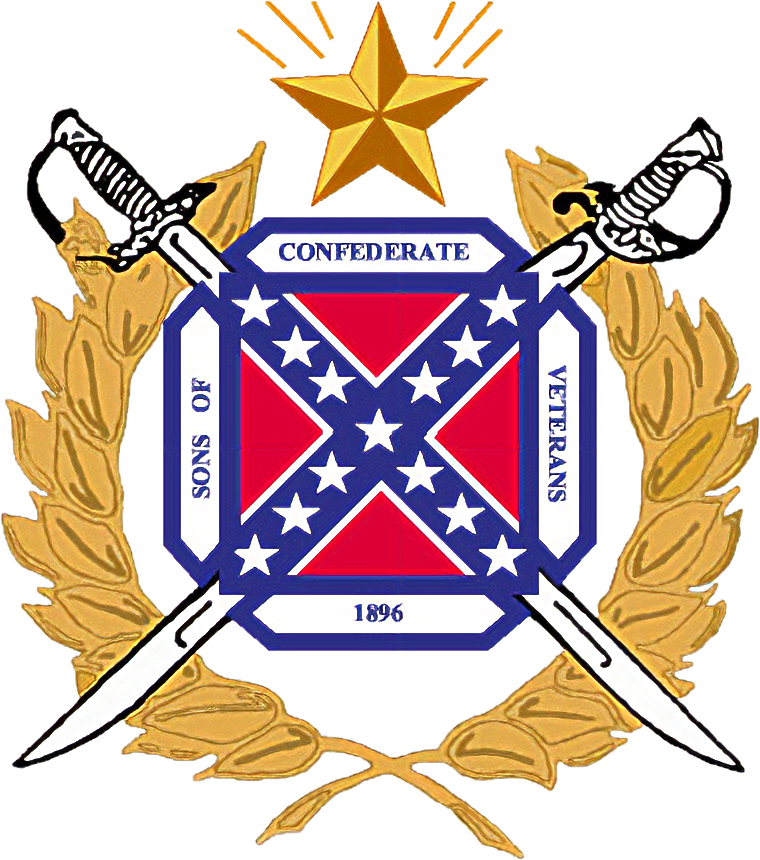A Southern 4th of July
by W. Michael Hurley,
Commander, Texas Division Sons of Confederate Veterans
The men and women who lived in the Southern states before 1861 had always enjoyed a grand celebration of the 4th of July. Considering the Southern contribution to the cause of liberty, it seemed only natural to do so. The colonial states from the South had furnished some of the most outstanding leaders of the war for independence. The guerrilla-fighting Scotch Irish of Appalachia turned the tide of the war at the Battle of King’s Mountain. The Southern state of Virginia gave America the author of the Declaration of Independence, Thomas Jefferson. Virginia also contributed to the most outstanding leader in the history of the United States, General George Washington. On Southern soil, the victory over British General Charles Cornwallis occurred when he surrendered to General Washington at Yorktown on 19 October 1781. After the war, the South contributed the nation’s first President, George Washington, and went on to provide 9 of the first 12 Presidents of the United States: Jefferson (VA), Madison (VA), Monroe (VA), Jackson (SC), Harrison (VA), Tyler (VA), Polk (NC), and Taylor (VA).
When secession came to the South in 1861, the people were proud of their contribution to the struggle for freedom. Most Southerners felt they were fighting a second war for independence, fighting for freedom from an oppressive federal government that no longer represented their values and rights. No different than that of their brave colonial forefathers who had stood against the King of England for many of the same reasons. This feeling was so strong concerning the principles of the American Revolution that the Confederacy’s first national flag closely resembled that of their former foe. They, too, loved the red, white, and blue.
When the war between the states began, the Confederacy continued to celebrate the 4th of July in many cities and towns across Dixie. They celebrated the day on the pretext that they were fighting for the true meaning of what their forefathers fought for. To the South, the feeling was that the 4th of July brought a time to stress the Founding Fathers’ principles. Rather than celebrating union, Southerners recognized the importance of constitutional rights and the true ideals of self-determination. As the years went by and the cost of the war came to bear on the homes, the treasury, and the blood that was sacrificed to defend against the invading Yankees, many communities around the Confederacy reduced or eliminated the celebration of the 4th of July. By 1863, the mood of the country had changed. Devastating battlefield losses in Gettysburg, PA, and Vicksburg, MS, on the 4th of July all but eliminated the annual celebration. It would be 81 long years before the city of Vicksburg, Mississippi, would celebrate the 4th of July again. It took the end of World War 2 in Europe to finally bring about the holiday celebration again on the 4th of July 1945.
Congress officially made the 4th of July a Federal holiday in 1941. Since the end of World War 2, the political importance of the holiday declined in the South. Today, the primary focus is on leisure activities and family get-togethers, and the unofficial song of the 4th has become John Phillip Sousa’s “Stars and Stripes Forever.”
So how will you celebrate the 4th of July this year? At the lake with family? Setting off fireworks? Maybe eating a hot dog at a local baseball game? Wherever you are, I sincerely pray that on this 4th of July holiday, you will pause and remember the sacrifice made by countless American men and women to establish the individual States we call Dixie. Remember that Southerners have a long and proud heritage of fighting for freedom, the right to self-determination, and to be left alone to establish our individual pursuit of happiness.

